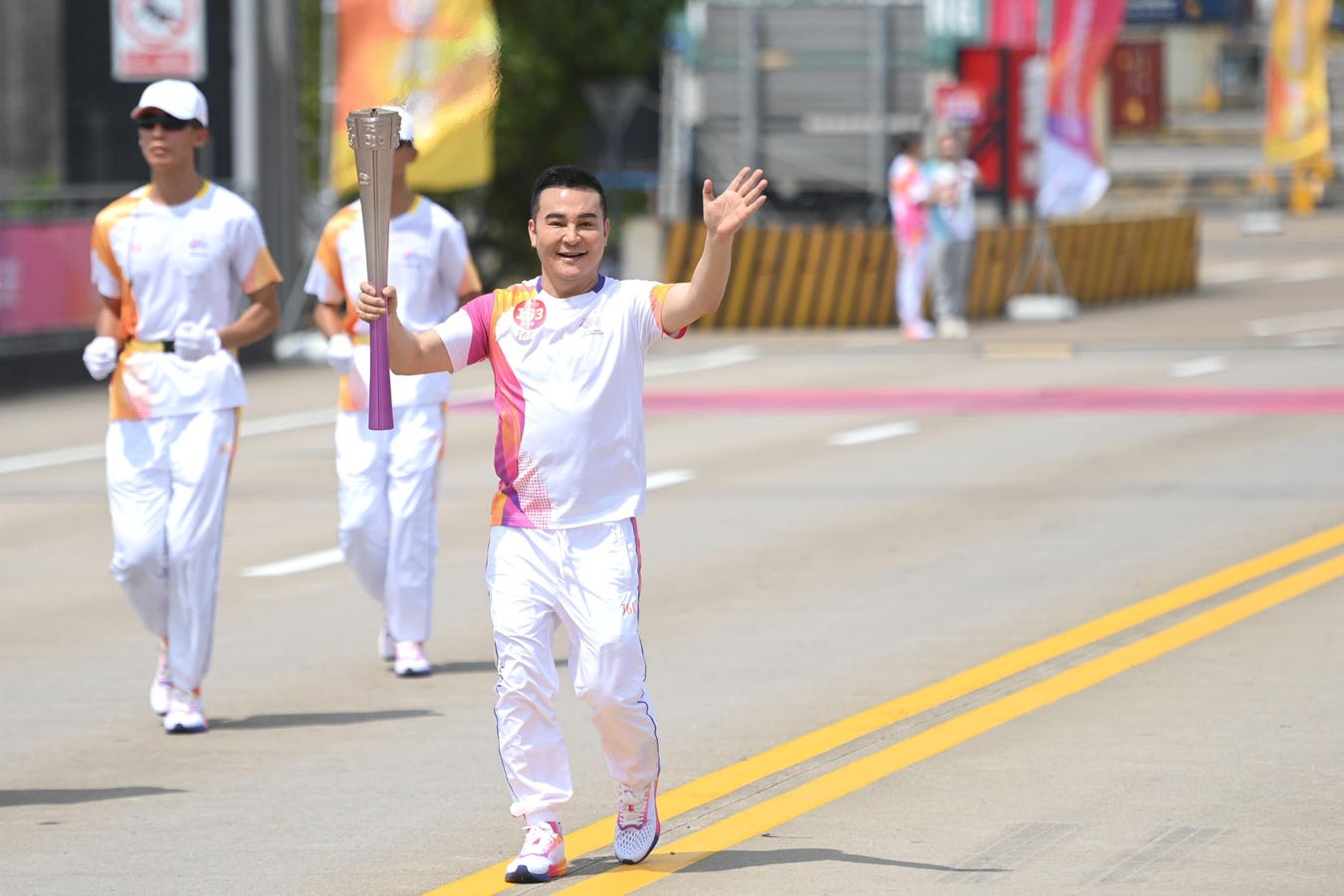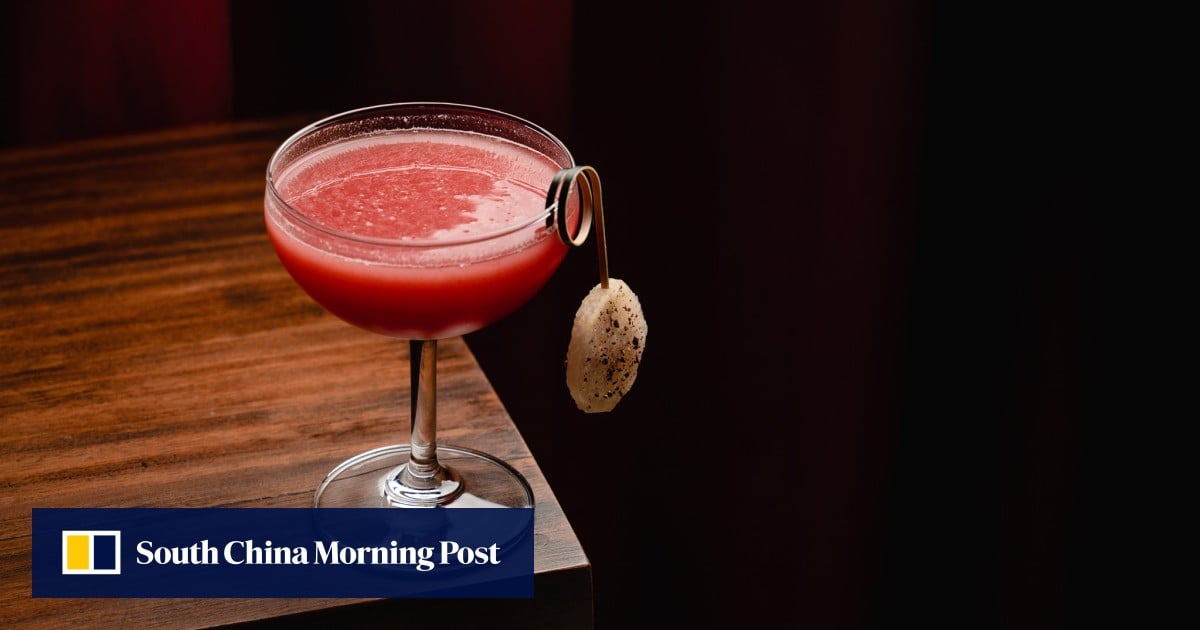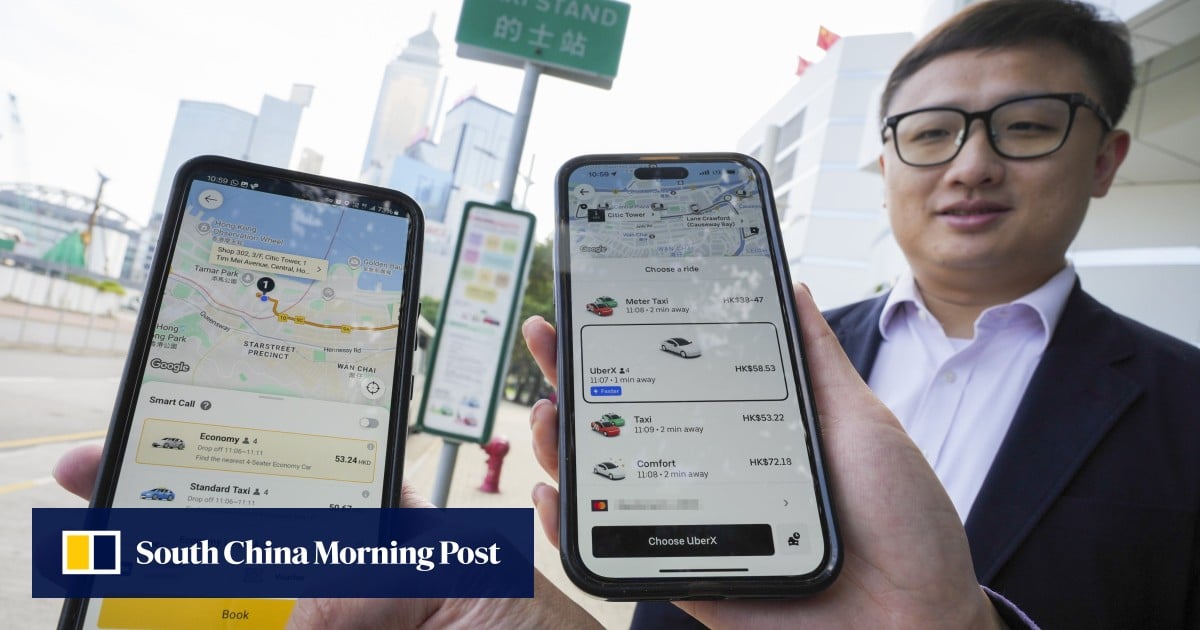Torch bearer Mao Geping runs during the torch relay for the 19th Asian Games in Ningbo, Zhejiang Province, in Sept. 2023.
Huang Zongzhi/Xinhua via Getty Images
Mao Geping, the 60-year-old makeup artist, has become a billionaire thanks to a successful listing of his eponymous cosmetics brand in Hong Kong, with shares rising as much as 87% from its initial public offering price on the first day of trading.
The entrepreneur, who founded Mao Geping Cosmetics Co. in 2000, now has a net worth of $1.6 billion based on a company stake owned by himself and his wife, according to Forbes estimates. Headquartered in the scenic city of Hangzhou, Mao Geping Cosmetics raised HK$2.3 billion ($301 million) by pricing 78.4 million shares at HK$29.80 apiece, the top end of a previously indicated range.
Retail investors were keen on the premium cosmetics brand, which is seen as having advantages over international companies such as Estée Lauder and L’Oreal in product design and thanks to the Guo Chao trend. That term refers to Chinese consumers’ increasing preference for local brands and their aesthetics compared to foreign ones, as they come to believe the former is just as good. The retail tranche of Mao Geping’s share sale was oversubscribed almost 920 times, making it one of Hong Kong’s most popular listings this year.
The company is also riding high on a broader rally after China signaled yesterday more forceful measures to stimulate its faltering economy, Kenny Ng, a Hong Kong-based securities strategist at Everbright Securities International, says via WeChat. After rallying Monday afternoon, Hong Kong’s benchmark Hang Seng Index was up another 1% Tuesday morning.
Investors are encouraged by the Chinese leadership’s announcement of “moderately loose” monetary policy for 2025, a significant change from the “prudent” monetary policy used for some 14 years. Its description of fiscal policy has also changed from “proactive” to “more proactive,” suggesting that the fiscal deficit will be raised to 4% of GDP next year from 3% in 2024, Nomura economists including Lu Ting wrote in a Dec. 9 research note.
Those announcements suggest stepped up spending to boost growth next year, and China may set an economic growth target of “around 5%” to shore up confidence, according to the Nomura economists. As consumers become more optimistic, any increased spending may benefit high-end brands such as Mao Geping, says Everbright’s Ng.
But Dickie Wong, Hong Kong-based executive director of research at Kingston Securities, cautions that Mao Geping’s gains may not be sustained. He thinks its valuation is already high amid a sentiment-driven market rally. “It is time for investors to take profit,” he says by phone.
Mao Geping Cosmetics didn’t respond to an e-mailed request for comment. Amid economic uncertainties at home, the company has said in its prospectus that overseas expansion is a core strategy. It intends to grow in Europe, America and the Asia-Pacific region by selling online as well as offline in high-end department stores, according to its prospectus. Mao Geping Cosmetics did not rule out strategic investments and acquisitions for international expansion, the prospectus said.
That would be a big step for a cosmetics brand that mostly operates in mainland China. In the first six months of this year, the company’s revenue jumped 41% year-on-year to almost 2 billion yuan ($271 million). Net profit was 492.5 million yuan, also up 41% from the same period a year earlier.
Mao, who initially studied Chinese opera performance but later went into cosmetics, enjoys star status as a makeup artist at home. He gives tips and tutorials on social media platforms such as the Instagram-like Xiaohongshu and Douyin, TikTok’s sister app in China. The entrepreneur is so good at it that some internet users joke that he can perform the feat of huan tou, or change one’s look completely.



